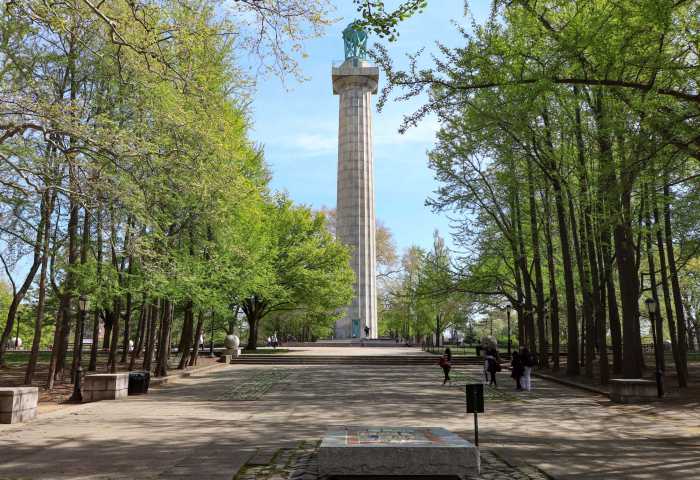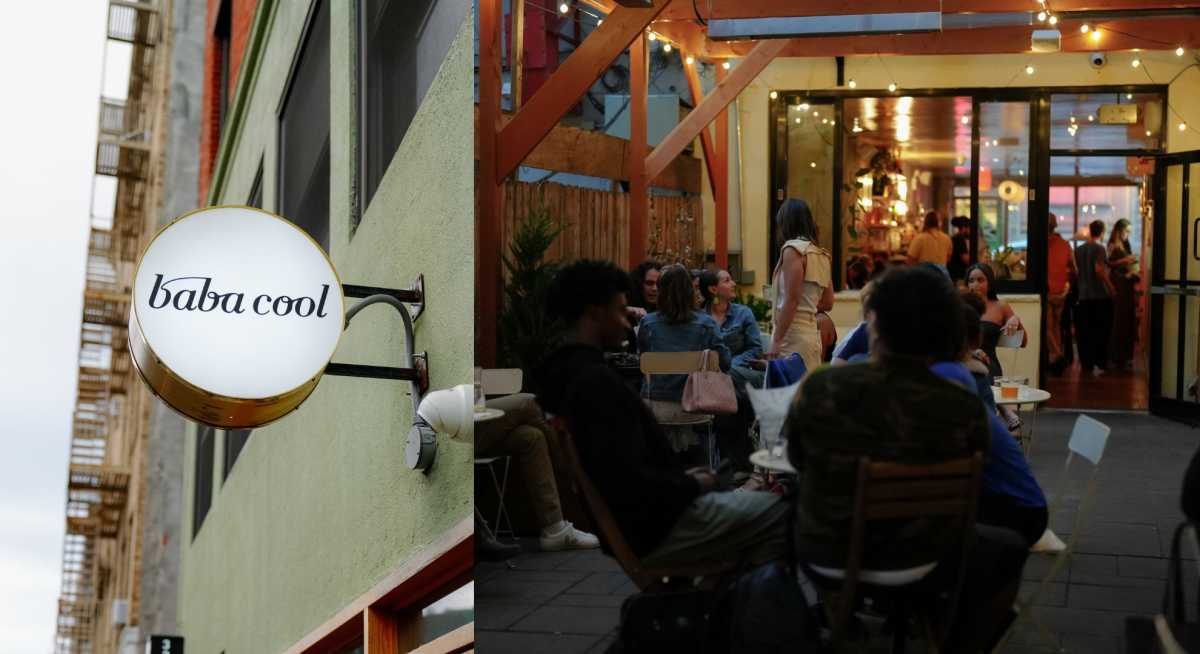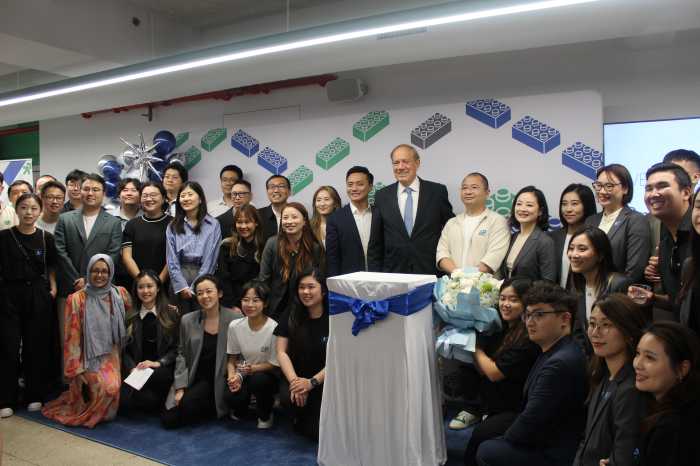Fort Greene-based humorist Baratunde Thurston’s new book, “How to Be Black,” is part memoir, part cultural guidebook that will help you make friends with backgrounds different from your own.
Thurston, a stand-up comedian and a digital editor for faux newspaper, The Onion, has been touring the country over the last few weeks, and we were lucky enough to catch up with him during a few slow hours in San Francisco.
Aaron Short: How is working at the Onion different from working for a reality-based newspaper?
Baratunde Thurston: We invest more in fact-checking, and I think we enjoy it a lot more. Most people who work for reality-based newspapers don’t seem to be very happy these days. We have more fun. We don’t actually have to report, which is convenient.
AS: How does it feel to live in President Obama’s post-racial America?
BT: There’s a lot in that question. You’ve made it sound like President Obama OWNS America, but that’s not how the country works. And post-racial is a nonexistent thing, so that’s difficult to describe. That’s like asking what it’s like to live in the belly of a dragon or snow angel. Race is still an issue. Race plays a part in many outcomes for people. It’s pretty much the same America in most ways.
AS: How is Brooklyn different from the rest of the country when it comes to race relations?
BT: Brooklyn is probably better than the rest of the country in most ways. I’m not a historian of Brooklyn, but it is pretty racially diverse. America itself is pretty segregated.
Brooklyn has more types of races than the other places I see, and they’re closer together. I live in Fort Greene. I see many more flavors of America walking in those few blocks than in most of the rest of America. But maybe that’s just because we have less space, so we have to share.
AS: What can Brooklynites learn from reading your book about making new friends with backgrounds different from their own?
BT: If they’re reading my book in public, they’re going to make instant friends or instant enemies. Don’t tell black people you’re trying to become back, just merely understand it better.
When people make friends across racial lines there’s a tendency to see that person as a universal spokesperson for their people. Don’t necessarily base your friendship around that, or you’ll be removed from the Friend category and placed in the Annoying-People-I-Know pile.
AS: Is it harder for white people to make black friends or for black people to make white friends, and why? And where do Latinos and Asians fit into your analysis?
BT: It’s hard for all of us to make Native American friends because we’ve done a good job of wiping them out.
AS: How has Facebook and other social networking platforms affected how we make new friends?
BT: We can pre-stalk them in ways that we did not have the ability to do before. We have a little less to talk about than in the past. There’s less discovery, less surprise.
AS: Is your book having a conversation with other books, such as Christian Lander’s “Stuff White People Like?” Or should readers something altogether different?
BT: I don’t believe in books talking with other books. That’s a frightening world in which books have become self-aware and artificially intelligent.
For people who like “Stuff White People Like,” “Who’s Afraid of Post-Blackness,” by Tourey, “Negropedia,” by Patrice Evans, or “Ask A Mexican,” by Gustavo Arellano, this book will be very interesting to them as well. Also, if you like the Bible or The Dictionary, either of those are a good gauge for what you might find in my book — a lot of chapters and a lot of words.
AS: Where’s the best place to watch stand-up in Brooklyn? On a side note, will Dave Chappelle ever be on television again?
BT: Two answers to best standup: On Sunday nights there’s a free show at The Knitting Factory that Hannibal Burress hosts. It’s amazing and it’s free. And on Mondays at Littlefield on 4th Ave. and DeGraw with Kristen Schaal and Kurt Braunohler. As for whether or note Dave Chappelle will ever be on television again, you should ask Dave Chappelle. And Television.
AS: Have you hung out with Tunde Adebimpe, and do you have any desire to join TV On The Radio for a few songs? Also, how can I get him to be friends with me because he seems cool?
BT: I’ve never met him. Until now I’ve never had a desire to join TV On the Radio, but now that’s all I want to do thanks to your question. I can’t help you become friends with him. That’s not my job.
AS: What do you miss most about Brooklyn when you’re on the road? And where’s the first place you want to go when you come back home?
BT: I miss my bed, which is in Brooklyn. There’s nothing about my bed that’s Brooklyn except that it spends more time in Brooklyn than I do. Other than going to my bed, or my couch, I also really like Smith Street and the restaurants there, and a Thai restaurant called National in Fort Greene — there’s nothing over $10 and it’s amazing. I especially miss brunching in Brooklyn. It’s a way of life. Soco on Myrtle and Grand is very very delicious. And Char No. 4 on Smith Street for Whiskey. Always whiskey.
Baratunde Thurston’s “How to Be Black,” is now available at your local bookstore. For info, visit www.baratunde.com.

























